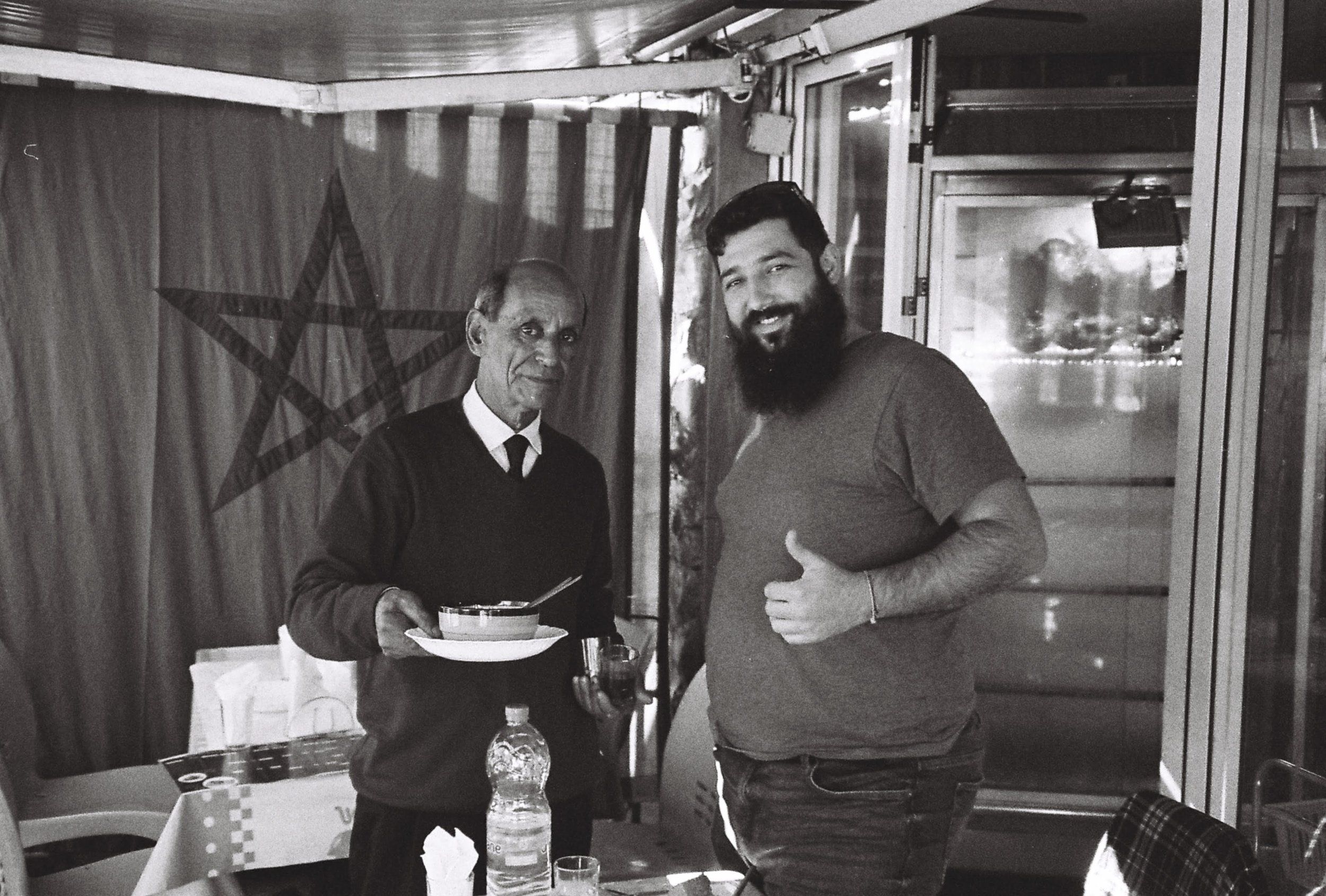EM4FIT Project: Sustainability, Culture, and Entrepreneurship in the Heart of Morocco
The European EM4FIT project explores how innovation, sustainability, and entrepreneurial management are experienced in different ecosystems around the world. Supported by the Horizon 2020 MSCA RISE program , it seeks to generate shared learning through applied research and international collaboration between academic institutions and entrepreneurial stakeholders.
From Tetuan Valley, we had the opportunity to participate in this initiative to provide a practical perspective from the startup ecosystem. After our experiences in Argentina , this time we traveled to Morocco, where Carlos Hernández Martín investigated how sustainability is understood and applied in an environment deeply influenced by cultural and religious values.
Carlos Hernández Martín during the European EM4FIT project in Morocco
Sustainability as a deep-rooted practice
Morocco is a country where tradition and modernity coexist in balance. Business ethics are built on pillars such as honesty, transparency, and respect for religious practices . This is reflected in everyday aspects, such as integrating daily prayers into the workday or prioritizing creating safe, family-friendly work environments.
In an arid climate, responsible resource management—especially water—becomes a central concern for local entrepreneurs. Beyond the environmental component, social sustainability is seen as a key to success: caring for employees, providing opportunities for the community, and maintaining a balance between tradition and innovation.
The challenge of building trust
Carlos Hernández Martín with one of the entrepreneurs he met during his stay in Morocco
Through formal interviews and field research, Carlos immersed himself in the reality of Moroccan entrepreneurship. From tech startups to small, traditional businesses, the trip revealed that trust is a valuable and hard-earned asset. The reluctance to record interviews or share contacts revealed that business relationships in Morocco are built slowly, prioritizing the quality of the relationships.
However, this initial barrier was offset by the richness of informal conversations in local markets, cafes, and riads. These interactions offered an authentic insight into how cultural values shape business practices and how sustainability is understood from a deeply local perspective.
Morocco in the context of EM4FIT
This study in Morocco allows us to continue expanding EM4FIT 's vision of how sustainable entrepreneurship ecosystems are built in different contexts. The experience has been a valuable lesson in the importance of cultural adaptation and the role of sustainability as a bridge between tradition and innovation.
Want to learn more about the lessons learned from this research? Download the full report to discover the cases, entrepreneurs interviewed, challenges, and sustainability strategies in the Moroccan entrepreneurial ecosystem.
And if you want to stay up-to-date on when we publish the next article, follow us on our social media !






Traditional SEO is dead, and we believe that's the best thing that could have happened to us. In this article, written in collaboration with Angelica Pimentel (founder of POiN and Tetuan Valley alumna), we analyze how search in 2026 has gone from "keywords" to "human conversations." Discover why stopping talking 'Googles' and regaining your natural voice is now your biggest competitive advantage over AI.